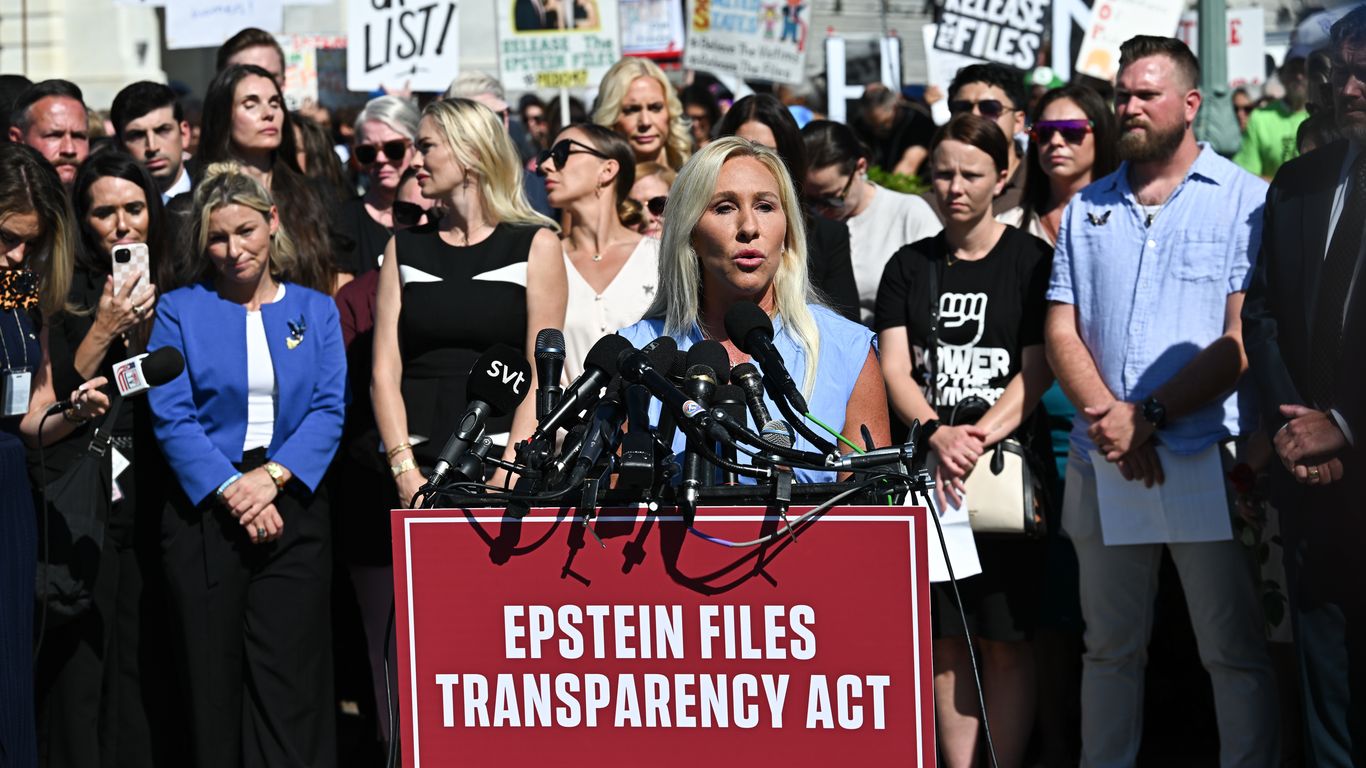Summary
Representative Marjorie Taylor Greene stated that she might use a constitutional rule to publicly disclose names associated with Jeffrey Epstein’s trafficking ring. She cited a constitutional protection that allows members of Congress to speak freely on the House floor without legal consequences. This move relates to wider efforts for transparency in Epstein’s case investigation, which has caused tension within President Trump's support base.
Key Facts
- Rep. Marjorie Taylor Greene could use the "speech or debate clause," which protects Congress members from legal consequences for speeches in Congress, to reveal names tied to Epstein.
- The clause shields lawmakers from criminal or civil charges for their comments made in official speeches on the Senate and House floors.
- Greene expressed willingness to publicly name individuals accused of abusing women in Epstein's trafficking ring if provided with a list.
- She called for Congress to vote on making the full investigation files of Epstein public.
- Rep. Ro Khanna and Rep. Thomas Massie have sponsored legislation seeking the release of all Epstein-related files by the Department of Justice.
- A discharge petition by Massie aims to force a House vote for the disclosure of Epstein investigation files.
- Greene’s activism in the Epstein case contributes to a rift between her and former President Trump, reflecting a division in Trump’s support base over this issue.
